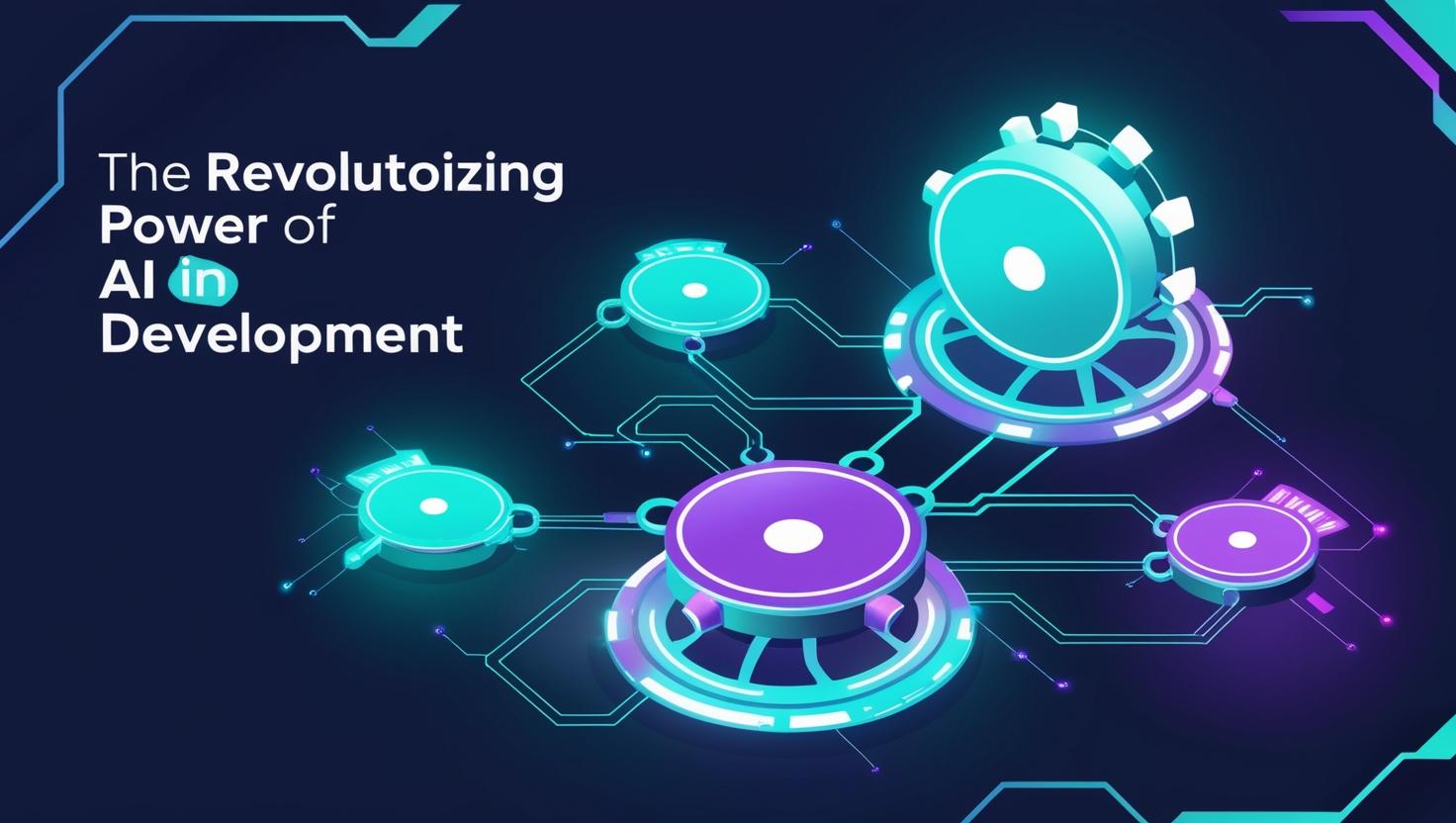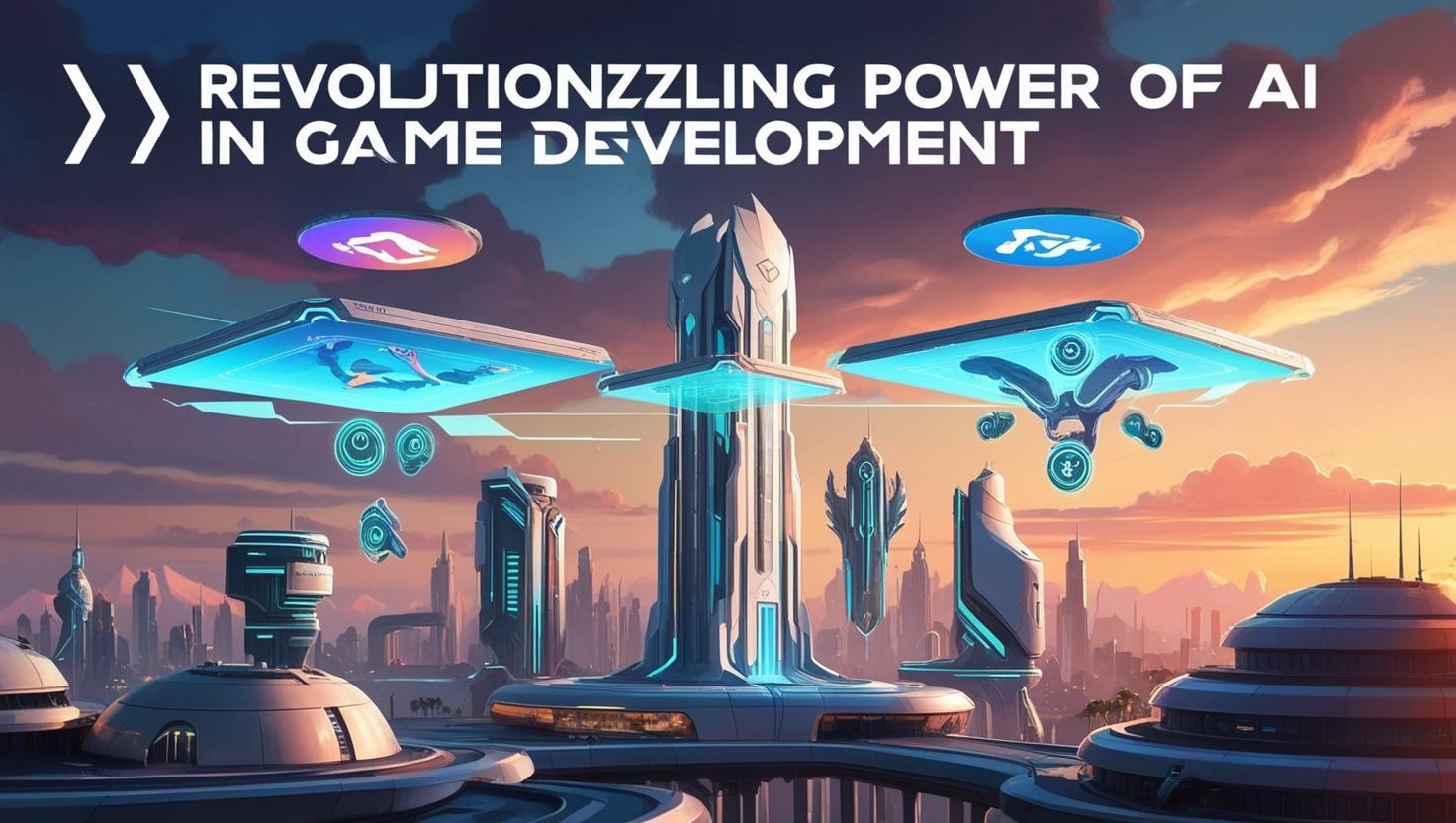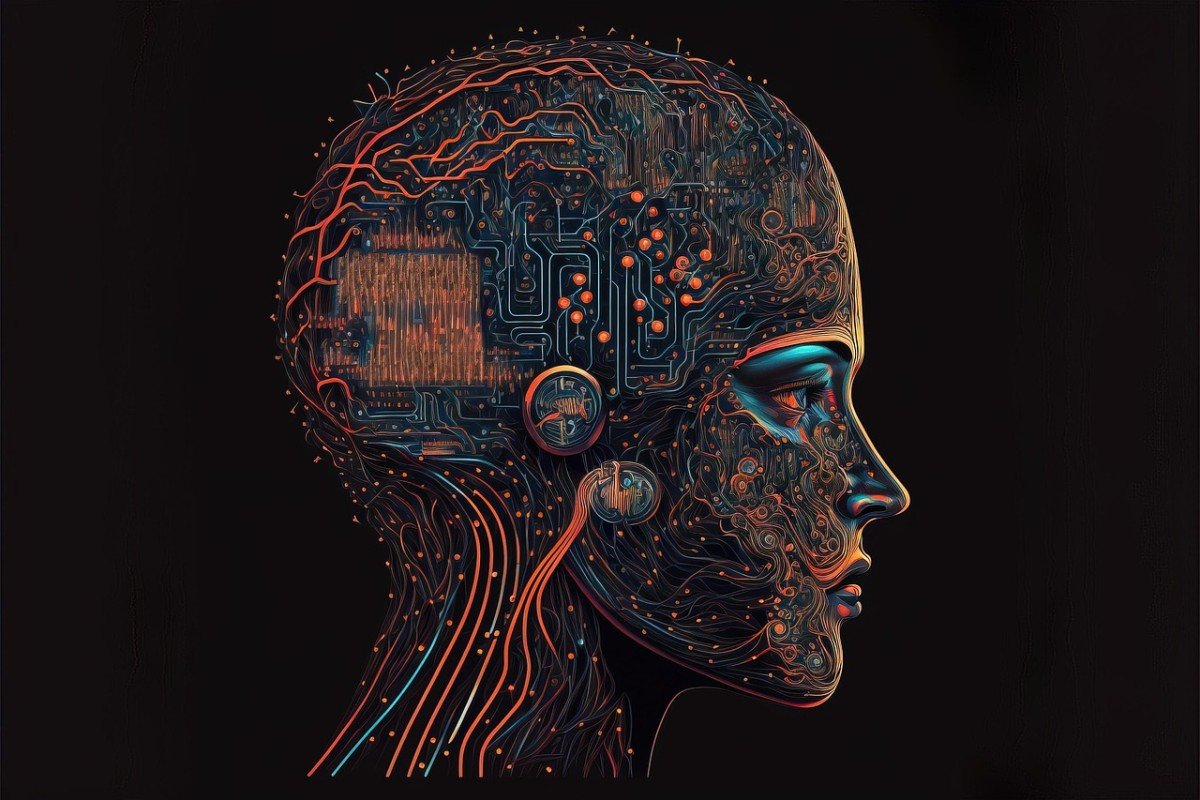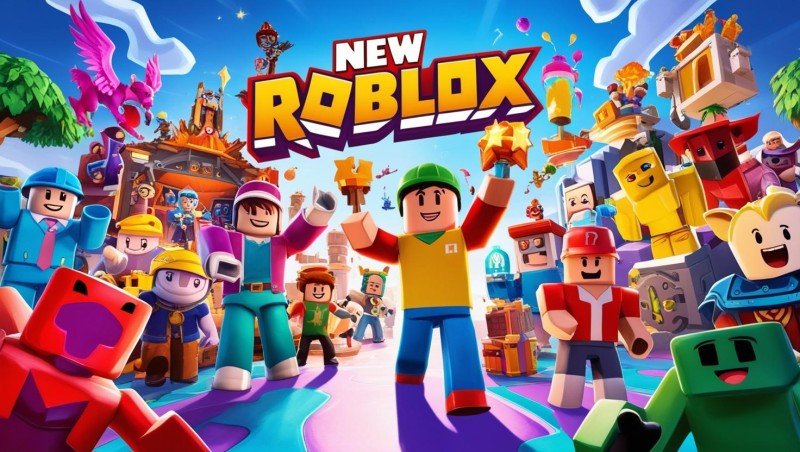
The world of game development has witnessed a transformative revolution with the advent of Artificial Intelligence (AI). Previously limited by the capabilities of traditional programming, developers can now tap into the exceptional power of AI algorithms to create immersive and realistic gaming experiences. AI has opened up a wealth of possibilities for game design, enabling developers to craft dynamic and adaptive worlds that respond intelligently to player actions.
One area where AI has made significant strides in game development is in virtual characters and non-player characters (NPCs). Gone are the days of predictable and repetitive NPC behavior. With AI, developers can create NPCs that exhibit lifelike qualities, making them more engaging and challenging for players to interact with. NPCs can learn and adapt to player strategies, enhancing game immersion and providing players with a more authentic and responsive gaming experience.
Another area that benefits greatly from AI integration is procedural generation. Traditionally, developers had to manually create every aspect of a game world, leading to limitations in terms of scale and variety. AI algorithms can now generate vast and diverse game environments, from landscapes to architecture, enhancing replayability and reducing the development time. Procedural generation combined with AI-generated quests, puzzles, and challenges can keep players engaged for hours on end, making every playthrough a unique adventure.
The Rise of AI in Game Development: Game-changer or Gimmick?
In recent years, there has been a significant rise in the use of artificial intelligence (AI) in game development. AI technology has proven to be a game-changer, revolutionizing the way games are created, played, and enjoyed by millions of gamers worldwide.
One of the key benefits of utilizing AI in game development is its ability to create highly realistic and immersive experiences. AI algorithms can analyze vast amounts of data and generate dynamic and intelligent in-game environments that adapt to the player's actions and decisions. This not only enhances players' engagement but also provides a more personalized and unique gaming experience.
Moreover, AI has greatly enhanced the capabilities of non-player characters (NPCs) in games. Gone are the days of mindless and predictable enemies. Thanks to AI, NPCs can now exhibit human-like behavior, react intelligently to different situations, and even learn from their interactions with players. This level of realism and sophistication adds depth and complexity to the game and creates a more challenging and enjoyable gameplay experience.
However, some critics argue that the use of AI in game development can be seen as nothing more than a gimmick. They argue that AI-generated content can lack the creativity and human touch that makes games truly memorable. They claim that relying too heavily on AI algorithms could result in generic and formulaic games that lack innovation and originality.
Breaking Boundaries: How AI is Shaping the Future of Gaming
In recent years, the gaming industry has witnessed a remarkable transformation, thanks to the growing influence of artificial intelligence (AI). Gone are the days when games were solely limited to pre-programmed responses and predictable gameplay. With advancements in AI technology, game developers now have the power to create immersive gaming experiences that adapt and respond to players' actions.
One of the most significant impacts of AI on game development is the ability to create realistic and intelligent virtual characters. AI algorithms enable these characters to learn and evolve, making them more lifelike and capable of interacting with players in dynamic and unexpected ways. Gone are the days of rigid NPCs (non-player characters) with repetitive dialogue; AI-powered characters can now hold meaningful conversations, make autonomous decisions, and even have their own emotions and personalities.
Furthermore, AI has revolutionized the concept of procedural generation in game development. Procedural generation refers to the algorithmic creation of game content, such as maps, levels, and quests. This technology leverages AI to generate vast and unique game worlds, resulting in endless possibilities for gameplay. No longer do developers have to manually design each aspect of a game; instead, AI algorithms can generate content on the fly, ensuring that every playthrough is a new and exciting experience.
From Algorithms to Adventures: Exploring AI's Impact on Game Development
The world of game development has undergone a remarkable transformation in recent years, largely fueled by the rapid advancements in artificial intelligence (AI) technologies. What was once a laborious and time-consuming task has been revolutionized by smart algorithms and machine learning algorithms. As a result, game developers now have the power to create immersive and intelligent gaming experiences like never before.
One of the key areas where AI has made a significant impact is in the creation of non-player characters (NPCs). The days of predictable and simplistic NPC behavior are gone. AI-powered NPCs can now exhibit a wide range of human-like traits, from natural language processing and emotional intelligence to adaptive learning. This has fundamentally transformed the way players interact with the game world, introducing a new level of realism and unpredictability.
Furthermore, AI has unleashed a whole new dimension in gameplay mechanics and level design. Procedural generation has become a powerful tool, allowing developers to automatically create vast and unique game environments. From generating realistic landscapes to constructing intricate mazes, AI algorithms can save developers countless hours while delivering endlessly diverse gaming experiences. With AI, game developers are no longer bound by the limitations of human imagination – the possibilities are truly limitless.



